Due to the impact of El Nino and climate change, the Mekong Delta is experiencing a severe dry season, with almost no rain since the second half of December 2023. The Southern Hydrometeorological Station said that the total amount at all measuring stations is lower than the average of many years.
From the second half of November 2023, salinity began to intrude into the rivers. The deepest period was from March 8-13 with salinity of 4 ppt reaching 40-66 km inland. The level of salinity intrusion in Ben Tre , Soc Trang, Long An, Tra Vinh, Tien Giang, and Ca Mau is approximately the same as in 2016 - a historic drought and salinity year that only occurs once in 100 years.
Ben Tre province has proposed to divert water from the Saigon or Dong Nai rivers to the western provinces to overcome the water shortage during the dry and salty season. Ca Mau province has proposed to divert fresh water from the Hau River through the irrigation system to limit drought, subsidence, and water shortage.
The historic drought and salinity in 2016 caused 160,000 hectares of land to be contaminated with salt, causing damage of more than VND5,500 billion. Ten out of 13 provinces in the Mekong Delta had to declare a natural disaster. In 2020, the drought and salinity lasted for more than 6 months, forcing six provinces in the Mekong Delta to declare an emergency drought and salinity situation. The drought and salinity damaged 43,000 hectares of rice, and 80,000 households lacked water for daily use. The government has allocated VND530 billion for eight provinces in the Mekong Delta to respond.
Source link



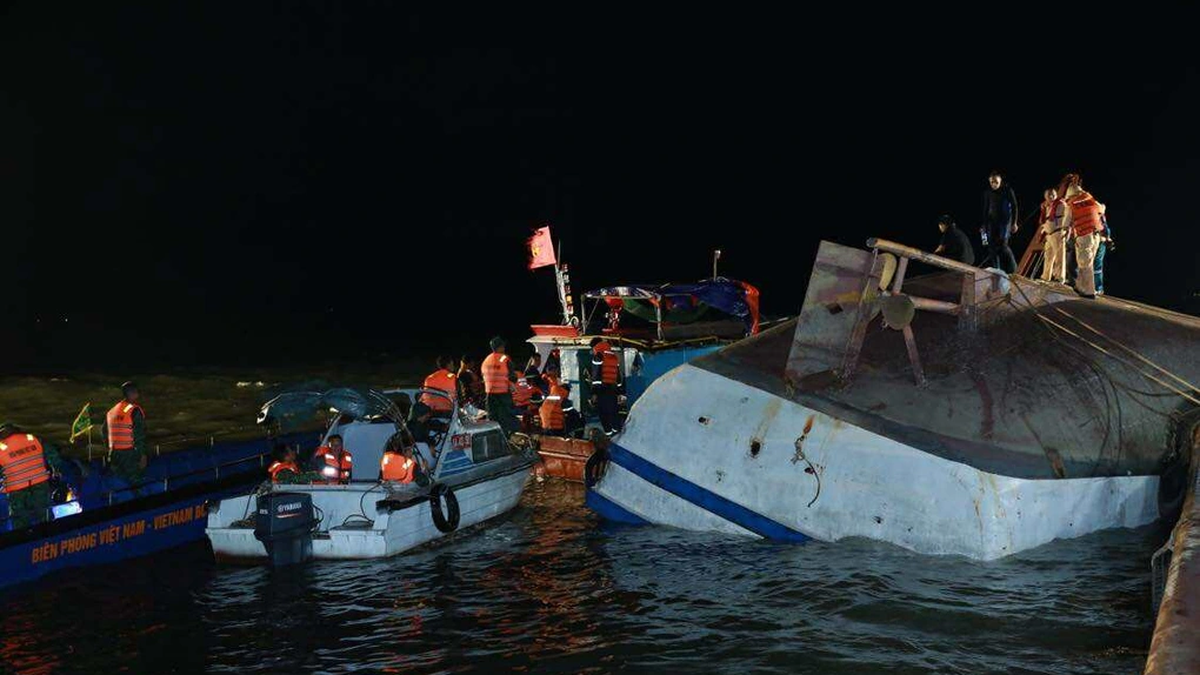
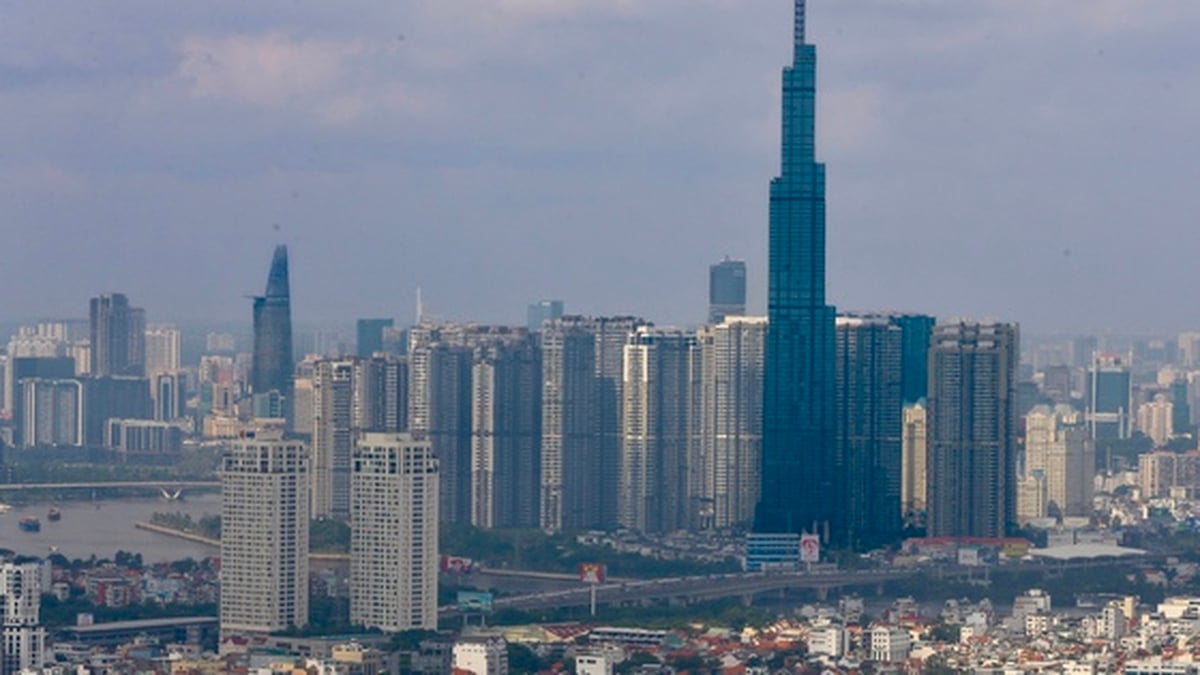




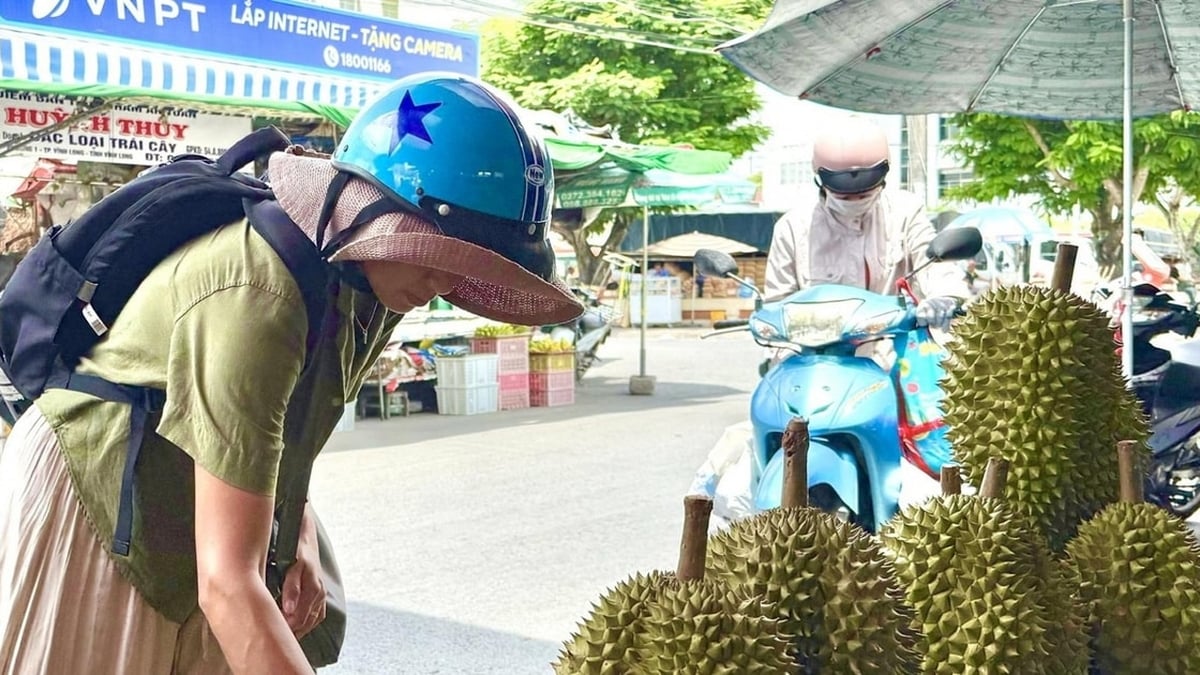
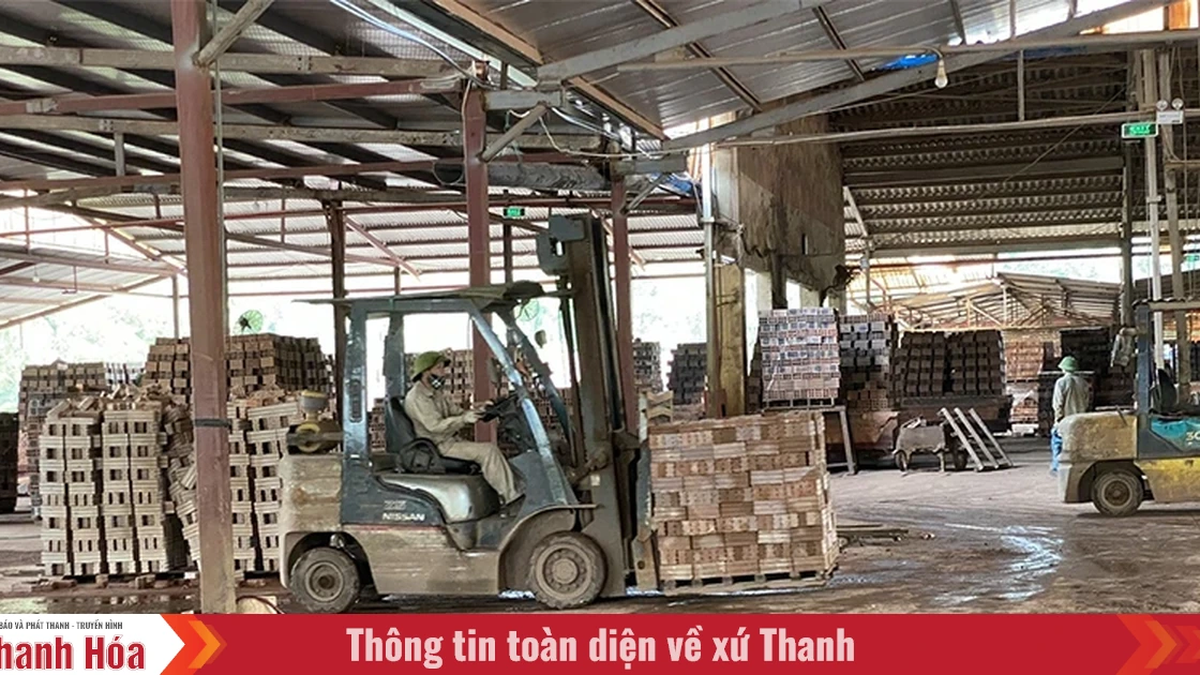

















![[Photo] National Assembly Chairman Tran Thanh Man visits Vietnamese Heroic Mother Ta Thi Tran](https://vphoto.vietnam.vn/thumb/1200x675/vietnam/resource/IMAGE/2025/7/20/765c0bd057dd44ad83ab89fe0255b783)
































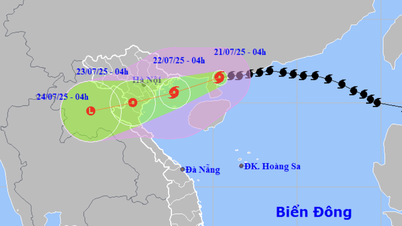




































Comment (0)